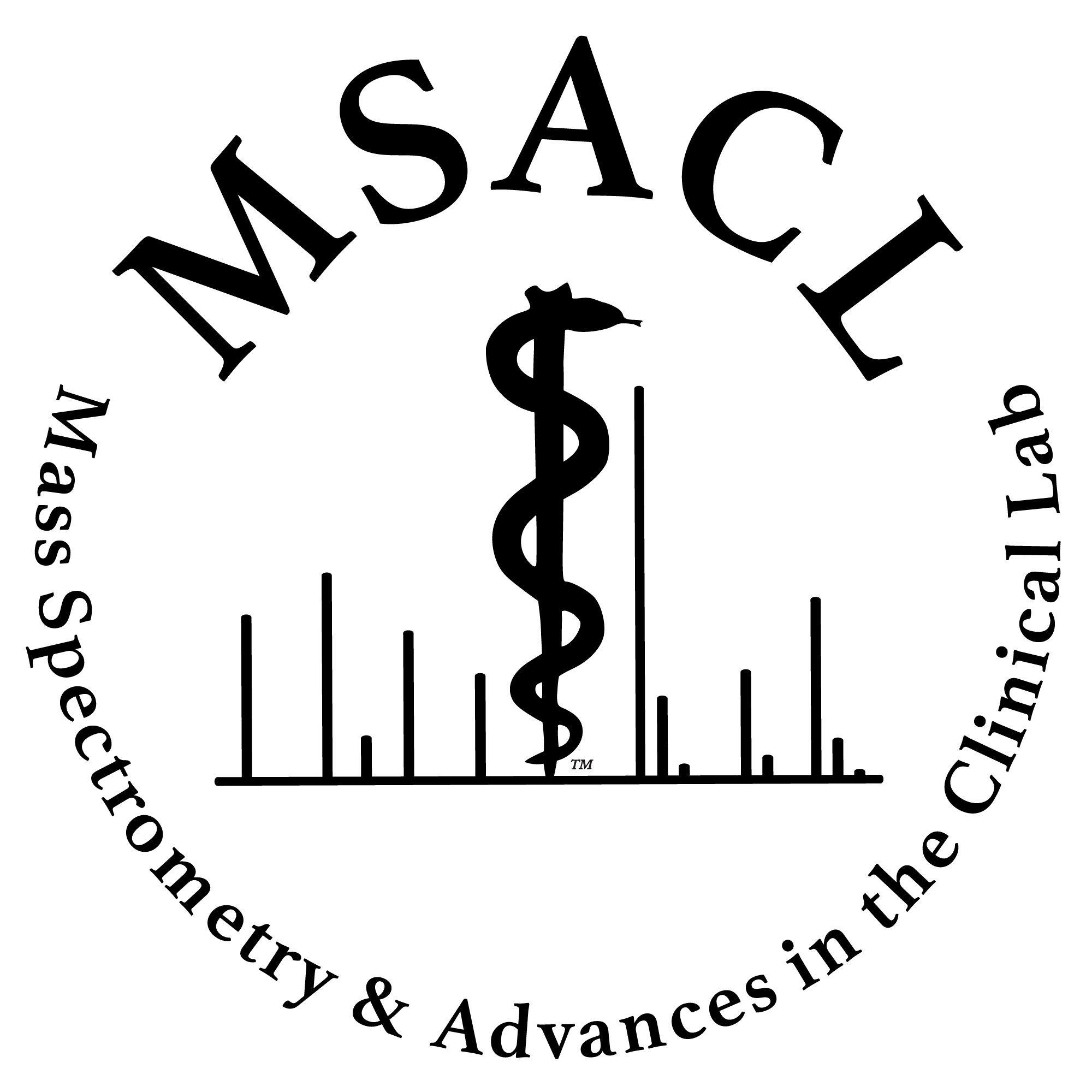|
Abstract In cancer surgery, tumour resection is often planned using medical imaging based on their anatomical location and diagnosis. However, even with the help of imaging 30% of breast and 12% colorectal cancers have compromised resection margins. Furthermore, pre-operative imaging is prone to under-staging of disease, leading surgeons to remove previously unrecognised advanced disease, resulting in an unmet need for tissue characterisation in interoperative decision making.
DESI-MS imaging and molecular phenotyping displays the inherent metabolic differences in tissue type and even sub-types. It was recognised that developing this technology for clinical adoption into surgery would improve surgical stratification and have the potential to revolutionise cancer patient care. For this to happen, the technology needs to provide real-time feedback and fit into the time constraints of a typical procedure.
Observation of many surgical procedures revealed that excision of tissue is often performed using diathermy tools. These tools cut by generating electric current to heat or thermally ablate the tissue while creating a plume of aerosol which contains metabolites representative of the underlying biology. Analysing this surgical aerosol by MS allows the real time chemical characterisation and histological identification of tissue. This development – commonly known as iKnife – is particularly exciting because it fits into the standard surgical workflow without the need to change the course of the intervention (which is the case in other tools such as interoperative MRI). Building aerosol extraction directly into the surgical tool adds additional function and creates a minimal acceptance barrier for clinicians to use.
Evolution of surgery has led to increased use of robotics and minimally invasive procedures, resulting in a loss of tactile sensing of tumour edges and enhancing the need for better sensing technology to detect margins intraoperatively. The iknife fills this need and is able to evolve with the surgical advancements, with applications coupled to a number of surgical tools such as: diathermy, bipolar forceps, laser ablation, harmonic, Versajet, endoscopy and surgical robots (DaVinci). With this, embedding surgical navigation and computational assisted surgery will enhance capabilities even further.
Ex-vivo REIMS analysis provides high diagnostic accuracy (>90% sensitivity & Specificity) when used to analyse oncology samples from different anatomical regions. Key metabolite species used to differentiate between diseased and healthy tissues include complex lipid species such as phospholipids (PL) and triacylglycerides (TAG) as well as free fatty acids and lysolipids.
For breast and colorectal applications models have been developed to characterise the tissue beyond the margin threshold. PIK3CA Mutant breast cancers analysed by iKnife reveals enhanced arachidonic acid metabolism detectable in real-time.(Koundouros et al., 2020) KRAS mutant colorectal cancer is stratified by lysolipid distributions in patient samples with a diagnostic accuracy of 91%.(Vande Voorde et al., 2023) This deeper characterisation of the tissues enables tailored treatment; for instance, KRAS mutation is associated with resistance to receptor tyrosine kinase inhibitors such as anti-epidermal growth factor receptor (EGFR).(Zhu et al., 2021) Furthermore, iKnife can be used to increase safety of procedures by monitoring metabolites through layers of anatomy and providing planar feedback to the clinician which could help prevent perforation of the bowel.
Due to the rich molecular information obtained from REIMS it is even possible to guide robotic surgery through iKnife/REIMS feedback at cellular precision and has the potential to serve as a basis for developing semi-autonomous surgical robots.
The iKnife is a promising tool for interoperative decision making in surgical oncotherapy. It has been shown to identify tissues of unknown histopathological status and has been applied to a broad range of anatomies as well as surgical devices. Further development is needed to achieve greater clinical adoption covering multiple reasons for variance in the clinical data.
Koundouros, N., Karali, E., Tripp, A., Valle, A., Inglese, P., Perry, N. J. S., Magee, D. J., Anjomani Virmouni, S., Elder, G. A., Tyson, A. L., Dória, M. L., van Weverwijk, A., Soares, R. F., Isacke, C. M., Nicholson, J. K., Glen, R. C., Takats, Z., & Poulogiannis, G. (2020). Metabolic Fingerprinting Links Oncogenic PIK3CA with Enhanced Arachidonic Acid-Derived Eicosanoids. Cell, 181(7), 1596-1611.e27. https://doi.org/10.1016/j.cell.2020.05.053
Vande Voorde, J., Steven, R. T., Najumudeen, A. K., Ford, C. A., Dexter, A., Gonzalez-Fernandez, A., Nikula, C. J., Xiang, Y., Ford, L., Maneta Stavrakaki, S., Gilroy, K., Zeiger, L. B., Pennel, K., Hatthakarnkul, P., Elia, E. A., Nasif, A., Murta, T., Manoli, E., Mason, S., … Sansom, O. J. (2023). Metabolic profiling stratifies colorectal cancer and reveals adenosylhomocysteinase as a therapeutic target. Nature Metabolism, 5(8), 1303–1318. https://doi.org/10.1038/s42255-023-00857-0
Zhu, G., Pei, L., Xia, H., Tang, Q., & Bi, F. (2021). Role of oncogenic KRAS in the prognosis, diagnosis and treatment of colorectal cancer. In Molecular Cancer (Vol. 20, Issue 1). BioMed Central Ltd. https://doi.org/10.1186/s12943-021-01441-4
|

